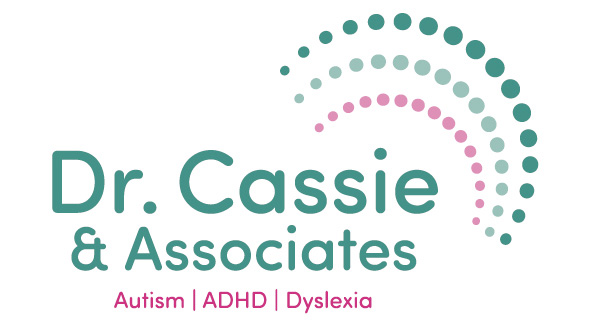What signs might I see in my child?
- Slow speed of processing: slow spoken and /or written language.
- Poor concentration.
- Difficulty following instructions.
- Forgetting words.
- Difference between written work and oral ability.
- Confusion with letters that look similar particularly b/d, p/g, p/q.
- Slow reading progress.
- Difficulty with pronouncing some words.
- Unusual spelling.
- Difficulty remembering times tables / days of the week or the alphabet.
Should I get my child assessed?
Dyslexia can only be diagnosed through a formal diagnostic test carried out by a qualified assessor. The report will confirm whether the young person is dyslexic or not but will also:
- Highlight the young person’s individual style of learning.
- Provide information about their reading, spelling and writing skills.
- Identify whether there is a clear discrepancy between general level of ability and reading and writing attainment.
- Look at other areas which may be affecting their learning.
- Identify whether any Reasonable Adjustments will need to be made in order for the young person to fully access the curriculum and exams.
What does an assessment involve?
Before the assessment:
- We will ask you and your child’s school to complete questionnaires.
- We will ask you to complete a visual screener questionnaire.
- Review of any relevant reports from professionals who have seen your child e.g., speech therapists, educational psychologists, etc.
- We will ask you to ensure that your child has had a recent eye test.
During the assessment:
- The assessment will take approximately three hours.
- During the assessment the assessor will carry out a series of tests to explore aspects of underlying ability such as:
- Reading, writing and spelling ability.
- Handwriting and fine motor skills.
- Underlying learning skills: phonological awareness, speed of processing and memory, speech and language and auditory processing.
What happens after the assessment:
You will receive a detailed report outlining diagnosis and highlighting your child’s strengths and weaknesses, and a list of recommendations on how to support your child at school and in day to day life.
Dyslexia assessments are available for children aged 8 and over

